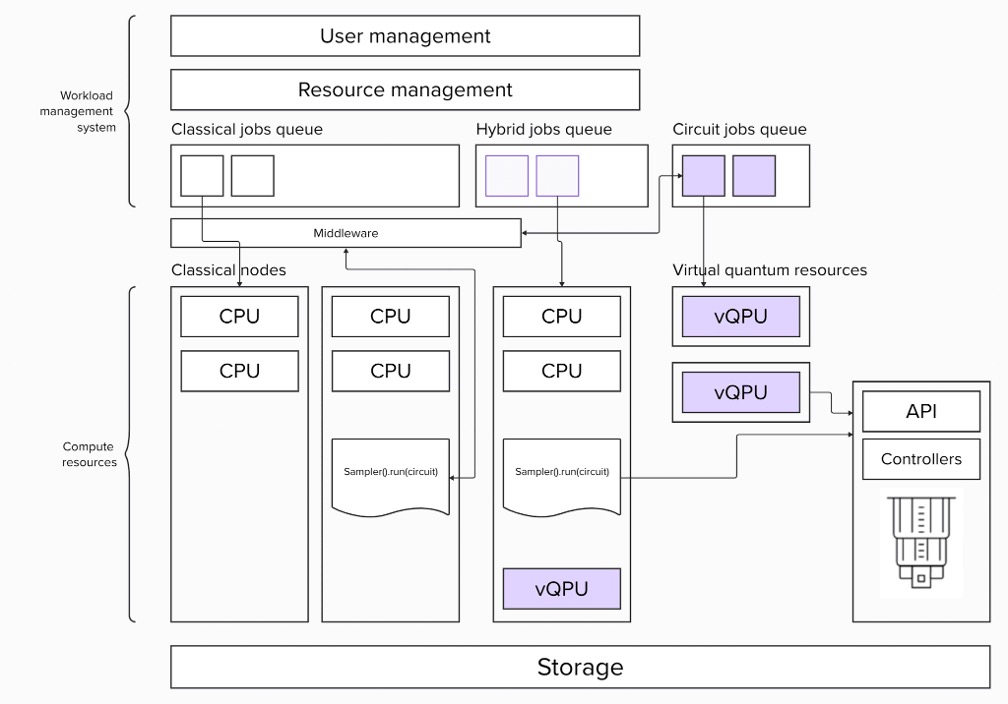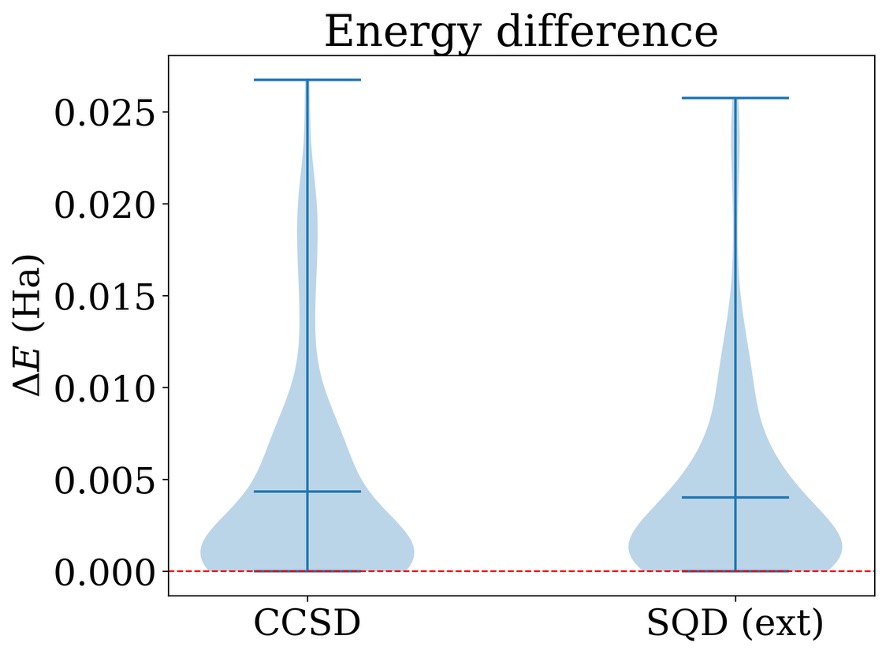Quantum computing offers a powerful advantage by being much faster and more accurate than traditional computers for certain tasks. While classical computers can improve performance by adding more hardware, they struggle with some problems that become much harder as the input size grows. In these cases, they need a huge increase in time and memory. Quantum computers, however, handle these tasks far more efficiently, requiring fewer extra resources as the input grows. This makes them ideal for solving complex problems on a much larger scale (see https://dotcio.rpi.edu/rpi-quantum-computing).
Current quantum computing systems house a limited number of noisy physical qubits and are not yet powerful enough to take full advantage of the promise of quantum computing. On the other hand, these systems are capable of executing quantum level operations that conventional computing systems struggle to simulate. To accelerate the ability to take full advantage of current quantum computers, RPI is teaming with IBM to develop hybrid quantum/HPC computation environments with the goal of demonstrating quantum advantage. SCOREC is part of this team taking advantage of its HPC expertise.
Primary Contact: Osama Raisuddin
SCOREC Researchers: Faulstich, Merson, Raisuddin, Sahni, Shephard
Hybrid HPC-Quantum workflows
We are experimenting with, and developing, hybrid HPC-Quantum workflows to address problems where the combination of quantum and HPC computation can advance scientific understanding.
To facilitate this research and development in this computational regime resources at RPI have been set up as a testbed, with direct access from the RPI Center for Computational Innovation’s supercomputers to RPI’s IBM Quantum System One. It allows RPI and IBM teams to iterate through infrastructure and development tools integration and push the boundaries of what is possible with strongly coupled quantum- classical compute infrastructure.
These resources are being utilized to develop and benchmark hybrid HPC-Quantum algorithms including Sample-based Quantum Diagonalization and exploring new applications like spin-boson model simulations for possible quantum advantage.

Method Development, Optimization, Characterization, and Benchmarking
Due to fundamental differences from the classical computing model, quantum algorithms need to be designed specifically for quantum computers.
RPI researchers are focused on embedding and multiscale methods to both augment the capabilities of smaller quantum devices and expand the portfolio of “quantum appropriate” scientific computation applications.
While significant progress has been made in the development of “general-purpose” quantum algorithms for ”quantum appropriate” computational tasks, optimizing quantum algorithms for specific classes of problems will allow algorithms to intersect with commensurable hardware developments earlier for quantum advantage.
As experimental results of applied quantum algorithms are emerging for a plethora of specific examples, there is a need to characterize and benchmark the performance of these algorithms across problem classes. The findings of such studies will be directed towards making algorithms robust to allowing computational scientists to use them “out-of-the-box” by minimizing requisite quantum computational domain knowledge.
